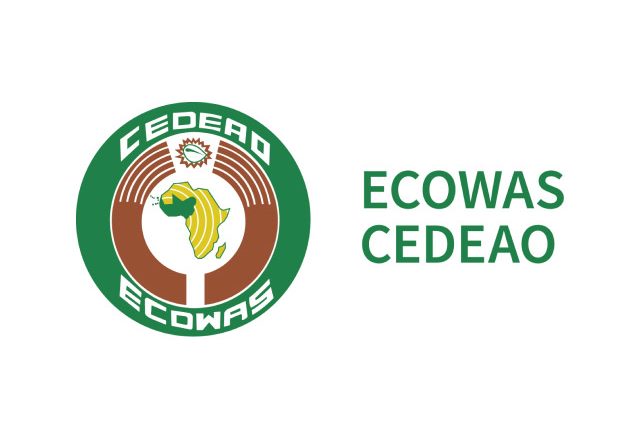Niger: Negotiations fail as ECOWAS faces unforeseen obstacles

On the eve of the sixth month since the coup d’état in Niger, anticipation was palpable in Niamey for the expected visit of a delegation from the Economic Community of West African States (ECOWAS). This delegation was tasked with discussing various crucial issues with the junta in power, including the lifting of sanctions, political transition, and the release of former President Mohamed Bazoum. However, the initial optimism was quickly overshadowed by unforeseen obstacles.
Initially composed of five members, the ECOWAS delegation was reduced to a single member present in Niamey.
Hopes for constructive dialogue were dampened when the four other members scheduled for the mission canceled their trip.
Among them was former Nigerian President Abdulsalam Abubakar, whose non-participation was not explained.
The Foreign Ministers of Sierra Leone and Benin, Timothy Musa Kabba and Olushegun Adjadi Bakari, as well as the President of the ECOWAS Commission, Omar Touray, also intended to travel to Niamey from Abuja.
However, technical issues apparently prevented their flight from taking off, leading to the cancellation of their participation in the negotiation mission.
This series of cancellations and setbacks highlights the challenges facing ECOWAS in its attempt to mediate in Niger.
While the political situation remains volatile and tensions persist, the failure of negotiations underscores the divergences and complex obstacles the international community faces in trying to find a peaceful resolution to the crisis.
The decision of the Nigerien junta to stay the course despite the lack of dialogue with ECOWAS raises questions about the next steps to resolve the political crisis in the country.
As attention remains focused on Niamey, persistent uncertainty fuels concerns about the future of Niger and the stability of the region as a whole.
Cedric KABORE











